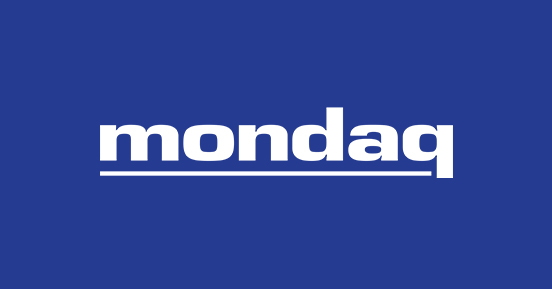It is now clear that the Competition Authority is a watchdog with a real bite and not just a bark. The competition regulator, approaching its 10 th birthday, has been keen to clamp down on market activity that falls foul of the Competition Act.
When the Act came into force in 2012, the mandate of the Authority was largely understood to be the regulation of M&A. At the time, the language in the legislation on merger control was so broad that the sale of a kiosk could be construed as a transaction requiring the Authority’s approval. While useful thresholds have since been introduced, certain players ignored the provisions of the Act with grave implications.
The first reported case was the acquisition of Synovate by Ipsos. On investigation, the Authority issued divestiture orders and engaged the Director of Public Prosecution to prosecute the offenders as a result of the parties effecting the transaction without the requisite approvals. This was closely followed by a planned acquisition of Ukwala Supermarket by Tuskys. The parties had already taken steps to implement the transaction without approval and by time the Authority was getting wind of the deal, Ukwala and Tuskys had trampled on even more restricted trade aspects of the Act. For their transgressions, both supermarkets were subjected to substantial fines. Ignorance of the regulatory mandate of the Authority continues to persist with Bluejay (trading as Betway) being fined KES 15 million in 2018 for implementing a series of transactions without approval.
Shortly after the Authority was established, complaints also started being filed inviting the regulator to look into unfair competitor activity contrary to the provisions of the Act. Further, the Authority started carrying out investigations on its own motion. The most prominent of these complaints and subsequent investigations was filed by Airtel and others against Safaricom. The complaint related to Safaricom’s Mpesa agent agreements which restricted the agents from offering money transfer services for competing brands. After hearings with the Authority and applications for judicial review at the High Court, the matter was settled by Safaricom agreeing to expunge all restrictive covenants in its Mpesa agent agreements notwithstanding that the leading operator had made considerable investment to develop its agent network which its competitors would piggyback on.
A watershed moment in the enforcement mandate of the Authority was the conduct of its first dawn raid. On 7 th March 2016, without any prior notice the Authority’s officials […]
